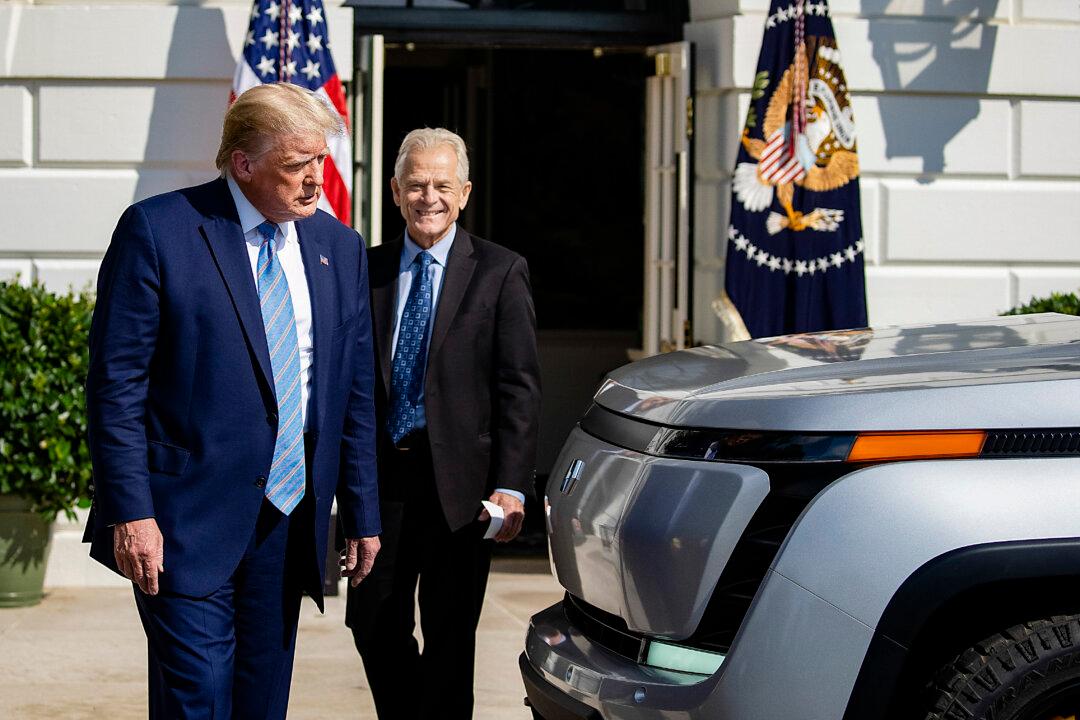Incoming Trump administration senior counselor for trade and manufacturing Peter Navarro told Reuters on Dec. 12 that the new Treasury Department would not take lightly Chinese attempts to manipulate its currency.
In 2019, the first Trump administration declared China a currency manipulator, the first such designation since 1994, but revoked the status a year later. Beijing has rejected the claim.





